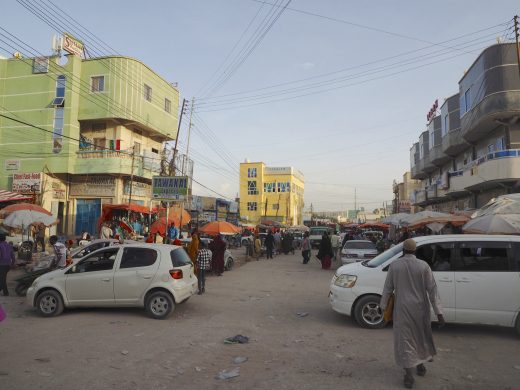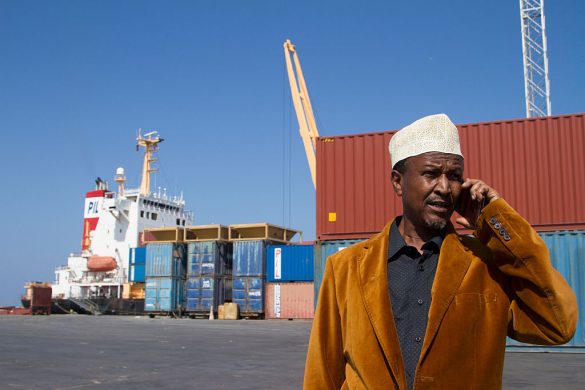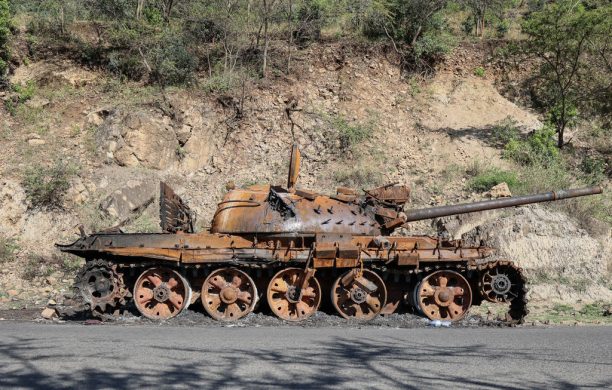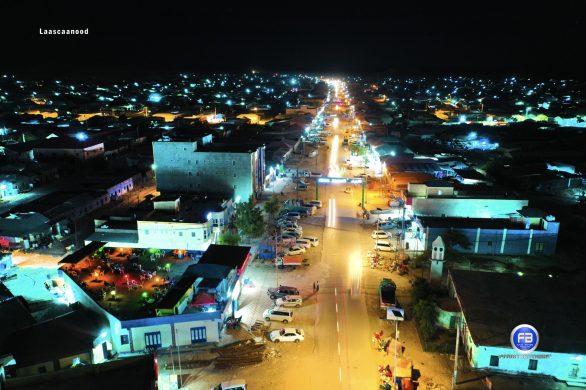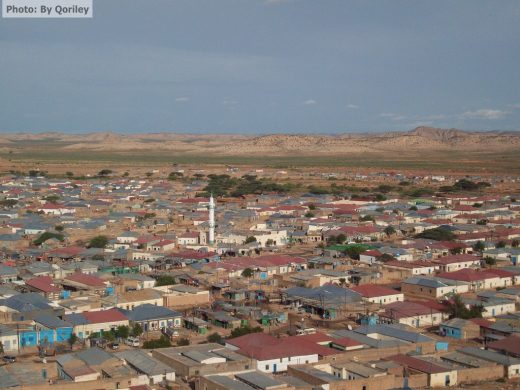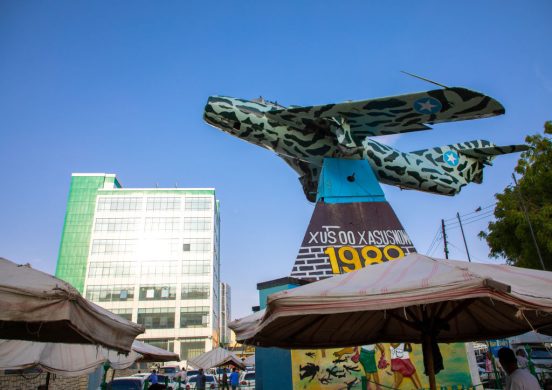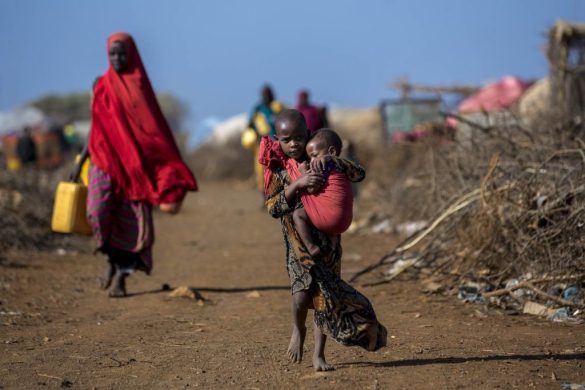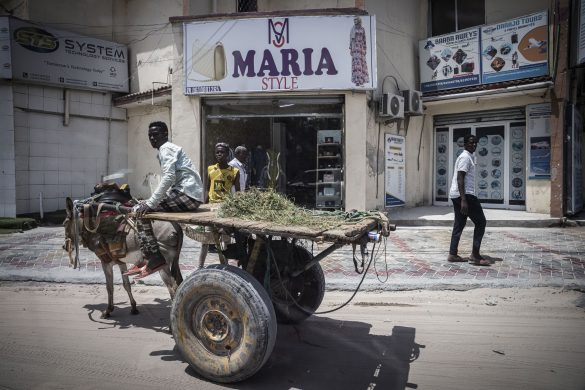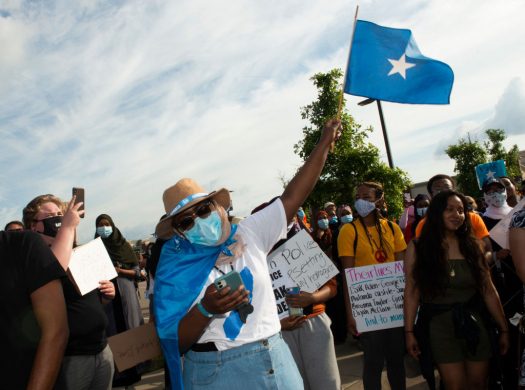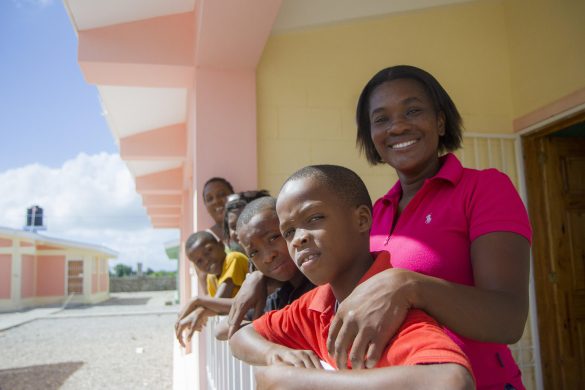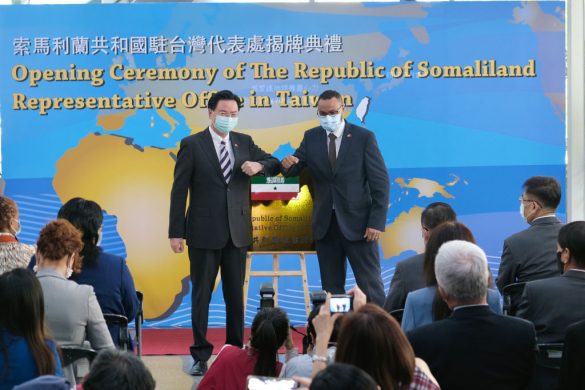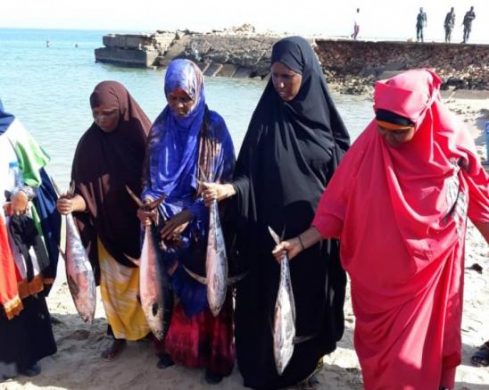Muse Abdi sold his house for $12,000 last year to raise the ransom demanded by people traffickers, who had called him with the earth-shattering news that they were holding his 18-year-old daughter Hoodo in Libya.
Hoodo, Muse’s first born, was in her last year of secondary school when she left home in Hargeisa last June and travelled from Bosaso by boat to Yemen. She took the new route being used by many migrants from Somalia, taking another boat across the Red Sea to Sudan and then on to Libya.
Muse works as a porter in Hargeisa, and his family is far from being well off. Nevertheless, he sent the $10,000 ransom Hoodo’s captors had demanded.
But when he called them four days later to confirm they had got the money and released Hoodo, he was told she had died of a heart attack.
Hoodo’s family is one of 200 Hargeisa families who have paid out a combined amount of $1.2 million (7,3 millioner kroner, red.) to save their children from militia groups in North Africa and Yemen. These young people had all set off in search of a better future and most had hoped to reach Europe.
Ishaq Mohamud Tani, who heads a department in the Somaliland Ministry of Resettlement, Rehabilitation and Reconstruction dedicated to combatting ‘illegal’ migration, calculated that these families had raised an average of $6,000 to $8,000 each. None of them has a stable income and many had not heard whether their children had made it out alive after payment of ransom money.
Muse has moved his family of seven to government-owned land, where he put up a house made of iron sheets. He is worried that the government might evict them at any time. The family is still grieving for Hoodo.
“Surely, she has returned to her lord, but my biggest anxiety is that I couldn’t see my daughter’s body. I recently paid the amount and it is sad that I have to forget about them both [the daughter and the money],” he told Radio Ergo.
He said he had pleaded with the militia group at least to return his money as his daughter was dead, but they refused.
The Somaliland government has said it is planning to create jobs for 100,000 youths from March 2018. The former minister of planning, Mohamed Ibrahim Qabbo, who spoke to Radio Ergo while he was still in office, said the government wanted to prevent young people from risking their lives on dangerous trips. He believes the main factor pushing them to migrate is the high level of unemployment.
Abdisemed Omar Adan, a lecturer at Hargeisa University, said the money being spent by families like Muse’s on financing would-be migration journeys could be used to for business start-ups for these young adults.
He advised parents to invest in creating opportunities for their children so they do not contemplate risky escapes abroad.
“When someone does not get money and is unemployed and knows the family has the money, they will believe that the money can be used to free them from the people smugglers,” he said.
Radio Ergo, run by International Media Support and Fojo Media Institute, is on air every day across Somalia and the Somali-speaking region with original humanitarian news and information in Somali. The programming is based on local reporting gathered by our unique network of correspondents and material prepared by Radio Ergo’s staff producers.
Artiklen har været bragt på International Media Support’s websted

